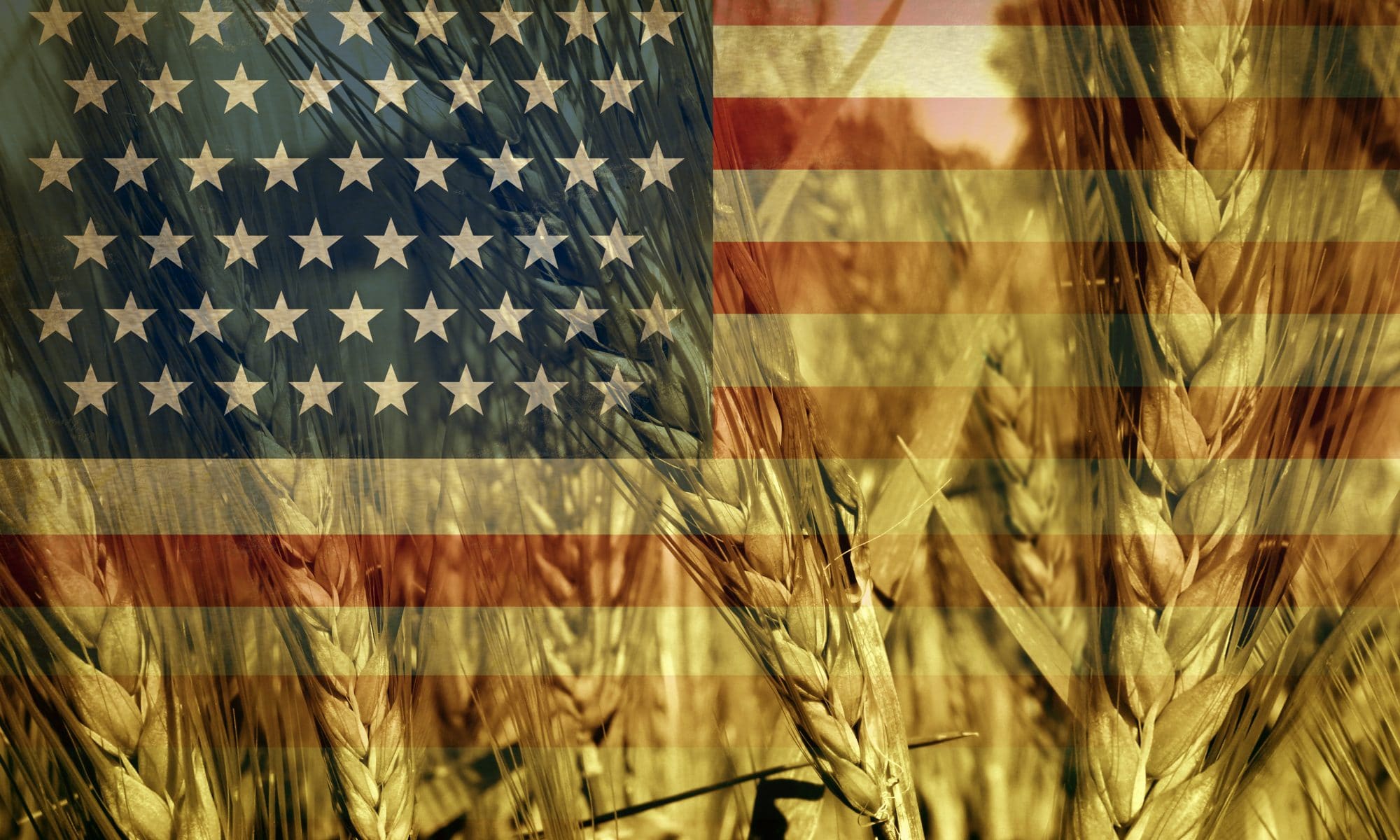Four Farm Bureau leaders, including American Farm Bureau Federation (AFBF) President Zippy Duval, had a chance to express their trade concerns directly to President Trump on Wednesday.
U.S. Vice President Mike Pence invited Duval, Texas president, Russell Boening, Illinois president, Richard Guebert state?? and AFBF vice president Scott VanderWal – who is also president of the South Dakota Farm Bureau – to the White House for a meeting with himself, Agriculture Secretary Sonny Perdue and Ambassador Gregg Doud, chief agricultural negotiator in the Office of the U.S. Trade Representative.
“Farmers and ranchers are counting on the Administration to fight for strong trade deals that expand our markets—now more than ever as we face the worst farm economy in 12 years,” AFBF President Zippy Duvall said. “This White House has been the most ag-focused in recent memory, and we are grateful to have a seat at the table with our nation’s leaders to discuss the importance of agriculture to our rural economies and the importance of trade to farmers and ranchers across the country.”
President Trump unexpectedly stopped by the meeting to hear the farmers’ concerns around trade. All four state Farm Burueau presidents said they are confident the Trump Administration has the best interest of America’s farmers and ranchers in mind while they are negotiating trade deals.
“After the meeting today, I feel more positive about the trade situation,” Boening said. “The fact that agriculture leaders across the country were brought into the White House to have a meeting with the vice president to me amplifies the fact that they understand the importance of agriculture to this country.”
According to Guebert, the president’s comments to the group centered on thanking farmers for their support during these negotiations. He also spent time thanking Secretary Perdue for the aid package and explaining some kinks that Farm Bureau leadership believes need to be worked out for the plan to be effective.
VanderWal expressed his concerns for young farmers who don’t have much capital on hand or who haven’t experienced consistently low commodity prices.
“When we get into harvest and combines are rolling and the check comes, and it isn’t for as much as we told the banker it was going to be, that’s going to cause some problems,” he said.
The leaders weren’t shy about expressing their concerns about the trade tensions either.
“We talked about China and the importance of that,” VanderWal said. “[We’re] hoping a deal with China could be less than a year away.”
